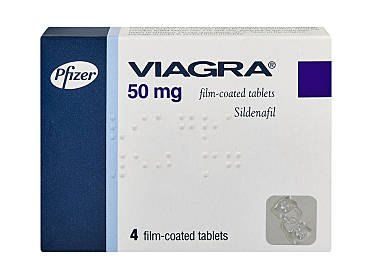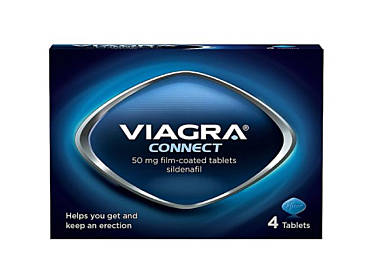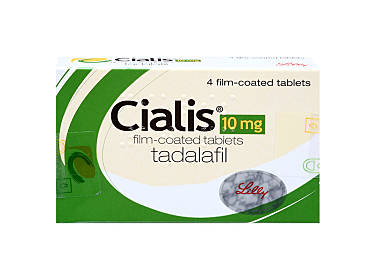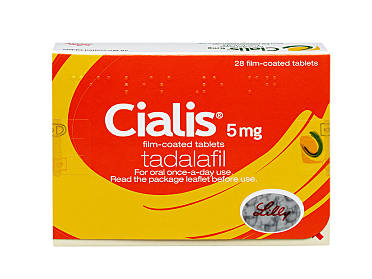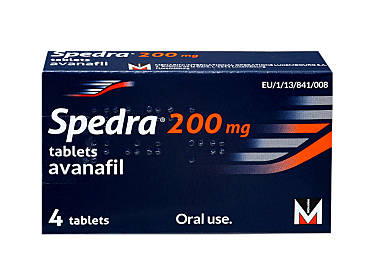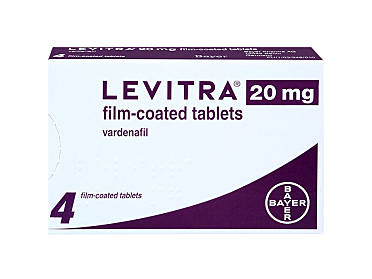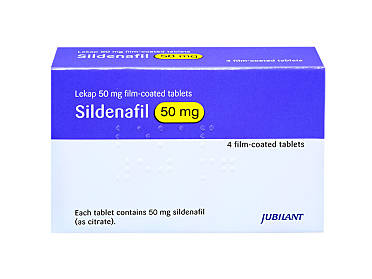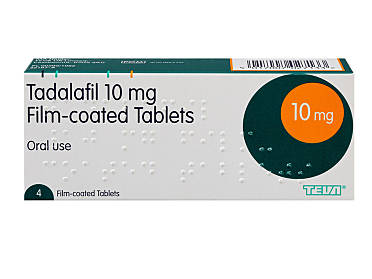How to Get an Erection

Medically reviewed by
Dr Zoe MillerLast reviewed: 12 Mar 2025
What to do when you need reliable erections

Key takeaways
It's normal to have problems getting erections from time to time
Stimulation is the most important factor in getting erections in the moment
You may need to learn how to manage your anxiety around sex
Treatments and medications are available to help improve your chances of getting an erection long-term
You can also get help if you get erections but they aren't as hard as you'd like
If you want to know how you can get an erection then the answer will change depending on your personal situation. If you're looking for one-off advice there are a few things to keep in mind. If you want a long-term solution, there are treatment options available to you.
If you want to try erectile dysfunction medication, we offer several effective and affordable options which you can request online. Get started by completing our short online medical questionnaire. All prescribed medications are sent out in discreet, unmarked packaging. If you have any questions about erectile dysfunction or treatment, privately message our doctors through your account, free of charge.
Original erectile dysfunction treatments
How do erections happen?
The process of getting an erection begins in your mind. Through sexual stimulation, signals are sent from your nerves to the blood vessels in your penis.
From there, the 2 main arteries in your penis relax, which allows for more blood flow into the capillaries (blood vessels) of the penis. At the same time, the veins in the penis contract, trapping the blood in the tissue and causing the penis to become erect. When the veins reopen, the erection is lost.
Erections can last any length of time from a few seconds, depending on lots of things, mainly on how much stimulation is involved. Having an erection is usually needed to have penetrative sex with a partner to completion.
How to get an erection fast
If you need to get an erection right now – if you do not have suspected or diagnosed health problems that can affect your ability to get an erection (such as erectile dysfunction), then the best way to get an erection would be getting the right sexual stimulation. This could be:
- physical stimulation (touching yourself or being touched by someone else)
- visual stimulation (watching an erotic situation or erotic video)
- mental stimulation (having sexually arousing thoughts)
Patience is important – you might get frustrated and wonder why you can’t get an erection when you want one. Sometimes, your erections will take a few minutes to happen, or to become strong enough to have full penetrative sex. Take your time and relax. Worrying about an erection won’t help and trying to use a flaccid or semi-erect penis probably won’t work.
Erections aren't always reliable – sometimes, you’ll find that you get an erection at the most unfortunate of times, and when you least expect them. Many men even get erections when they're tired or asleep thanks to the parasympathetic nervous system. This system controls sexual arousal, digestion, and waste removal. At other times, when you really need or want to get one, erections can feel impossible to achieve.
Not being able to get an erection is usually not serious – if you want to have penetrative sex, but find that you cannot get an erection right away, there's no need to panic. This is a completely natural and normal part of healthy sexual development. Anyone with a penis will experience this at some point during their lives, whether they have erectile dysfunction (ED) or not.
Why am I struggling to get an erection? – if you find you’re having regular problems getting or keeping an erection, you should ask for advice from your GP. They will help you to work out what’s happening, rule out any underlying health conditions that could be causing it, and talk you through your different treatment options.
How can I get an erection when I'm nervous?
Nerves can make it hard to get an erection – nervousness or anxiety itself can cause you to lose your erection, or stop you from getting an erection in the first place. If you’re nervous about having sex, if you’ve got performance anxiety or ‘first-night nerves’, then there are lots of things you can do.
What to do – first of all, do not blame yourself; sex can be stressful. Try to stay as relaxed as possible and take your time as you go. Talking to your partner(s) can also help if they are supportive. Talking should help you both become more comfortable around the subject and take some of the pressure off the event itself.
Getting professional help – the only way to work out what’s causing your problems, ultimately, will be to talk to someone about it. In the first instance, your GP will be able to rule out any physical causes and can refer you to psychological or emotional support services if this suits you better as a long-term solution.
Erections and masculinity – having or thinking about sex is a cause of anxiety for lots of people. In masculine cultures, the ability to ‘perform’ sexually is linked to ideas of success and strength, even though most men will have erection trouble from time to time. Your ability to have and keep an erection has no bearing on you as a person.
Can I get a harder erection?
Yes, you can also get treatment if your erections aren't hard enough – ED treatment can also be used for people who are able to get an erection, but who have trouble keeping or maintaining an erection, or who consistently have trouble getting an erection that’s hard enough for full penetrative sex.
Why hardness matters – to have proper penetrative sex, your penis should be fully erect, for example, about as strong and hard as fresh cucumber. It’s technically possible to use a semi-erect penis for penetration, but this can cause bruising or muscle strain, so it’s not advised.
Treatment is the same if you want harder erections – taking ED treatment like PDE-5 inhibitors can help you stay harder for longer, and could be just what you need to enjoy penetrative sex. It's up to you to decide if not getting hard enough erections is something you want to change, for example, if you and your partner(s) want to address it. Many people can enjoy their sex lives without regular erections.
How can I get erections more often?
The first-line solution – the most common medical treatment for erectile dysfunction (ED) is PDE-5 inhibitors, like Viagra. These are available on prescription from the NHS or privately. They come in tablet form and can be taken in advance, as and when required for sex. PDE-5 inhibitors won’t be suitable or safe for everyone to use, but they generally have a very high success rate in treating ED.
Remember: PDE-5 inhibitors do not cause erections on their own. To get an erection, you’ll still need to be sexually aroused or stimulated.
Improve your state of mind – if there are other reasons for your erection problems, there are different treatment options available. Counselling, CBT or couples therapy has good success rates for emotional ED. For ED caused by physical problems, your GP will probably recommend some form of medical treatment which could improve your erections once the other condition is well-managed.
Improve your diet and nutrition - a poor diet can impact blood flow and circulation through the body, which is key for getting and maintaining an erection. Incorporating more fruits, vegetables, fatty fish, and garlic into your diet can help blood flow and health. Also try to cut out or limit foods that can increase the risk of conditions that affect blood flow, such as red meat, processed foods, saturated fat, salt, and sugar.
Get enough sleep and rest - studies have suggested that getting enough sleep and having regular sleep patterns can help with the production of testosterone in men, which can sometimes protect against erectile dysfunction. So getting into a regular nighttime rhythm can really help.
Pay attention to your arousal – apart from physical function, the most important thing needed for getting erections is sexual arousal. If you want to get erections more often, make sure you are being properly stimulated at times of sexual activity. Masturbating or experimenting more creatively with yourself (or with a partner) regularly can help increase your libido and you can discover what works best.
Why you might be struggling to get an erection
There are different reasons why you might be struggling to get and maintain an erection. If you suspect this might be caused by erectile dysfunction, there are a few systems in your body that could be impacting your symptoms:
Circulatory system
This includes the blood vessels that carry blood throughout your body. Because your penis needs blood flow to become erect, when the circulatory system is impacted, it can cause erectile dysfunction. Some medical conditions that affect your circulation include high and low blood pressure and cardiovascular disease.
Endocrine system
This includes the glands that create hormones. Hormones are needed to allow your body to complete certain functions. Testosterone, for example, helps open up your blood vessels, which increases blood flow to the penis. Having low testosterone levels could impact your ability to get an erection or keep it.
Nervous system
This includes the brain, spinal cord and nerves in your body. All these work together to help your body perform functions like moving and feeling, including your penis. Some conditions that can impact your nervous system include Parkinson’s and Alzheimer's disease. If you have experienced any damage to your nerves (such as injury, surgery or spinal cord damage) this can also prevent you from getting an erection. It could also be physiological.
Some medications may also interfere with the way your body works and sends signals, which can impact erections. You can find more information on whether the medications you’re taking can cause erection problems by checking the patient information leaflet or speaking to your doctor.
How to tell if it's psychological or anxiety-related?
If you mainly have problems getting an erection around other people, or with a sexual partner(s), but find it easy to get erections by yourself while masturbating, then the reasons for your problems are most likely to be emotional or psychological.
Alternate causes
if you cannot get an erection when you’re by yourself at all, there could be other reasons, such as:
- drinking too much alcohol
- the effects of prescription or non-prescription drugs
- a poor diet
- an underlying physical health condition
Generic erectile dysfunction treatments
Conclusion
Taking care of your health and looking after your penis can be all you need for getting better erections. Eating a healthy diet, getting regular exercise, limiting alcohol consumption and staying on top of health conditions is key. However, if you do suspect that you have erectile dysfunction, consulting with your doctor is the first step in getting the support you need.

After completing her first degree, she went on to study graduate-entry medicine at Warwick University. After graduating as a doctor, she worked within the West Midlands in Urology, Respiratory Medicine, Infectious Disease, and Psychiatry before transitioning into a full-time medical communications role.
Meet our doctorsLast reviewed: 12 Mar 2025
-
Erectile dysfunction (impotence), NHS [accessed 03 March 2025]
-
Erectile dysfunction and sleep related bruxism: An exploratory review of an improbable association, ScienceDirect [accessed 03 March 2025]
-
Eating, Diet, & Nutrition for Erectile Dysfunction, National Institute of Diabetes and Digestive and Kidney Diseases [accessed 03 March 2025]
-
Phosphodiesterase-5 (PDE-5) inhibitors, NICE [accessed 03 March 2025]
-
Scenario: Management of erectile dysfunction, NICE [accessed 03 March 2025]






